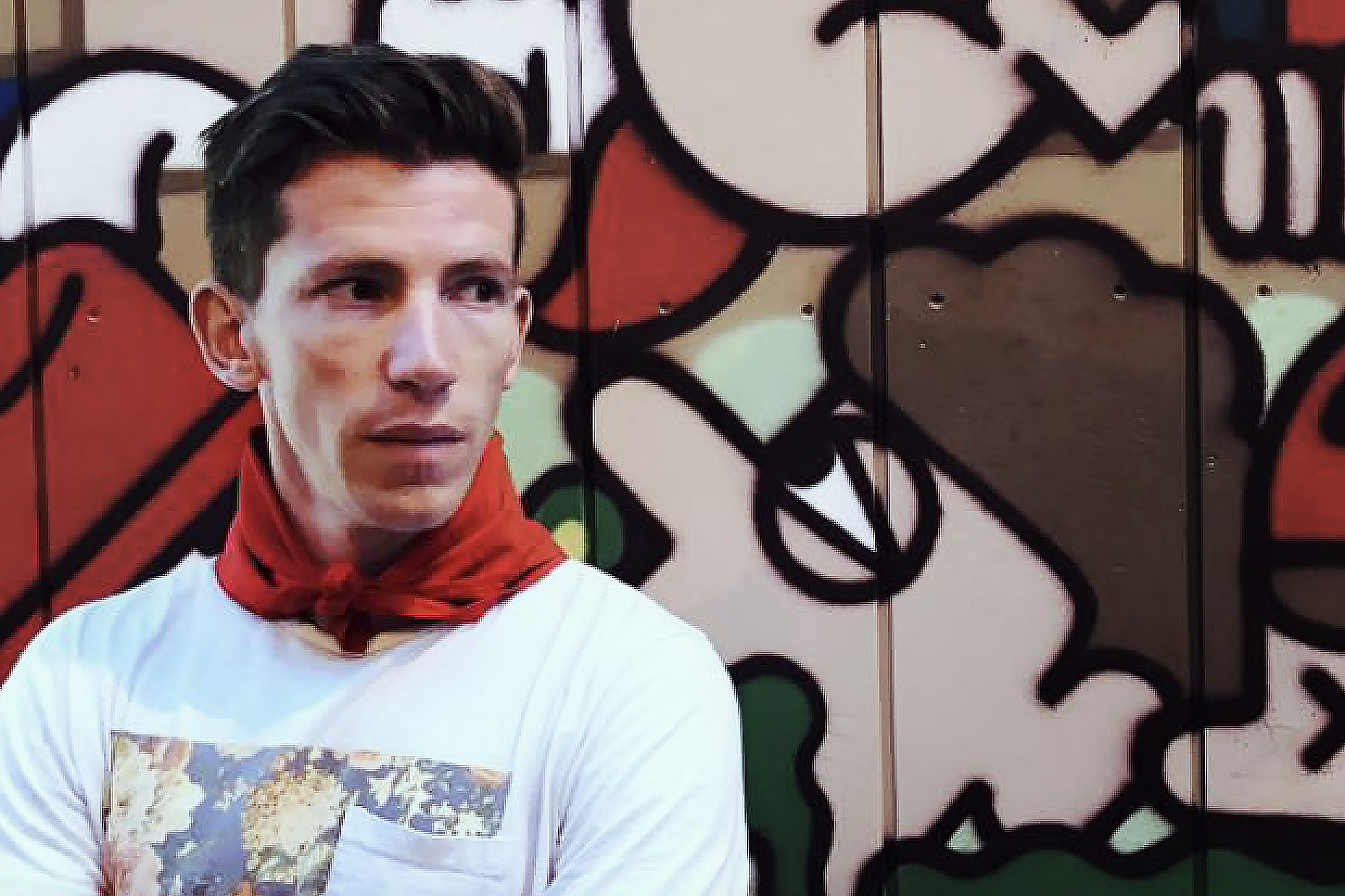Last week was a busy one for Nate Scott.
He still had some decisions to make about how For the Win, one of the sports and entertainment sites Scott manages for USA Today, would cover the first NCAA basketball tournaments in nearly two years, with tales of pandemic precautions joining the usual “March Madness” mix of Cinderella stories and buzzer-beaters.
He had also just wrapped production on the third season of his USA Today podcast, “The Sneak,” which examines the intersection of sports and true crime. Scott and his team have previously investigated convicted murderer and notorious jewel thief Jack Roland Murphy and football player-turned-thief Anthony Curcio, whose most famous crime came complete with an inner tube escape route. For the latest season, out April 6, they focused on the 1982 disappearance of Mario Rossi, a NASCAR bigwig who boarded a plane in Philadelphia and was never seen again. Following Rossi’s trail led them to drug cartels, FBI informants and “all sorts of wild stuff,” as Scott put it.
And, amid all that, he still had his MBA courses to worry about.
Scott, a prolific writer, editor and storyteller who freely admits he had not taken a math course since high school, enrolled in the University of Virginia’s Darden School of Business Executive MBA program in September.
The program’s hybrid format, which combines online sessions with weekend residences (currently virtual) at Darden’s facility near Washington, D.C., allows Scott to continue working as a managing editor with USA Today while pursuing his MBA. Darden’s Batten Media Fellowship, which covers tuition and fees for up to three media professionals pursuing an MBA, made it financially feasible.
“I would not be at Darden without the Batten Fellowship,” Scott said. “It really allows someone with my background to pursue a degree, and I hope I am living up to the fellowship’s purpose, which is to really get people thinking, from a business perspective, about the future of journalism. I have really taken that to heart.”
Storytelling Amid the Madness
Questions about the future of journalism dogged Scott long before Darden, as he built a career in digital media, writing for outlets including ESPN, Newsweek and The Daily Beast before taking on editorial roles at Fox Sports, Vox Media and now USA Today. Those questions became especially urgent last March when, instead of the usual bustle of March Madness and end-of-season championships, nearly every sport stopped playing as the COVID-19 pandemic hit the U.S.
“For me, as an editor dealing with sports, that was a very crisis-inducing moment,” said Scott, who also manages USA Today’s Golfweek and MMA Junkie sites. While some sportswriters used the unexpected downtown to explore new angles or long-form pieces, For the Win had previously covered some pop culture, including shows like “The Bachelor” and “Game of Thrones,” and Scott and his team decided to lean heavily on those stories.
“We basically made the decision overnight to take roughly 80% of our staff and reassign them to culture stories, and we did that until sports started coming back,” he said. “We focused on trying to guide people through this strange new existence, with stories about Zoom backgrounds, or new stuff people could watch.”
The USA Today audience “really rolled with it,” Scott said.











